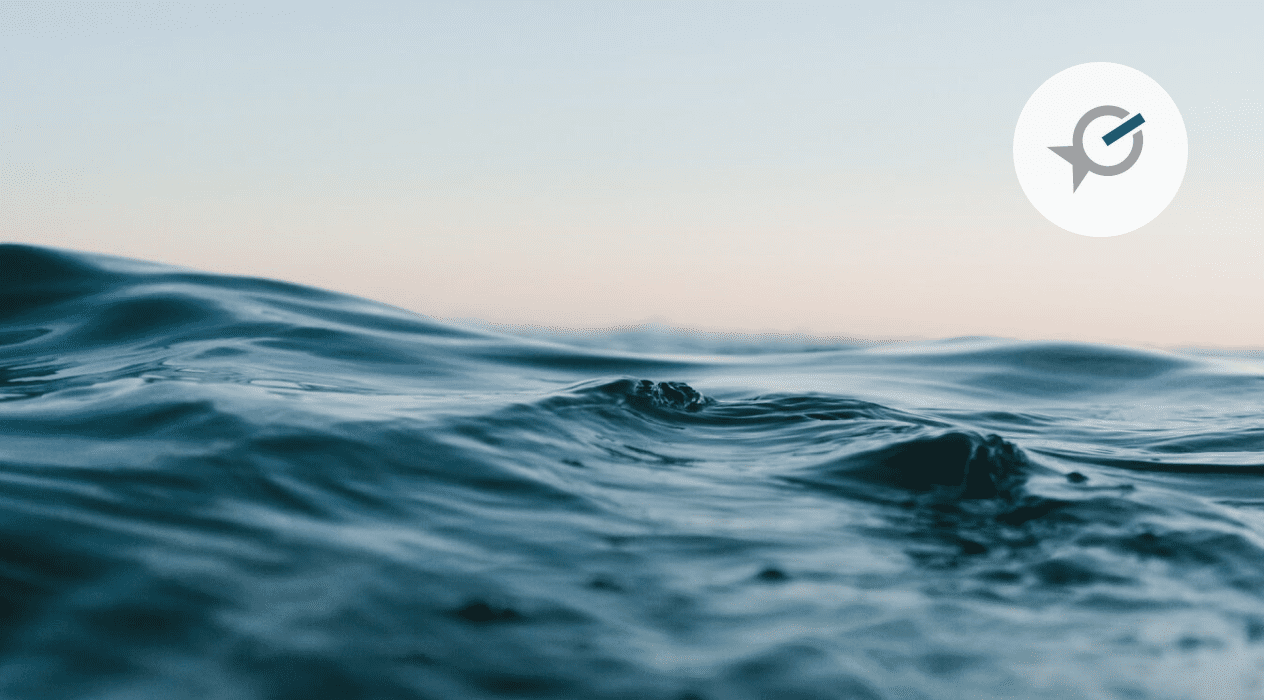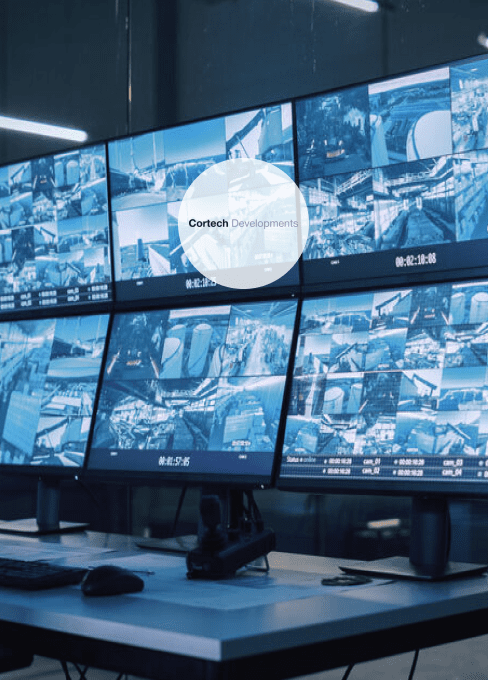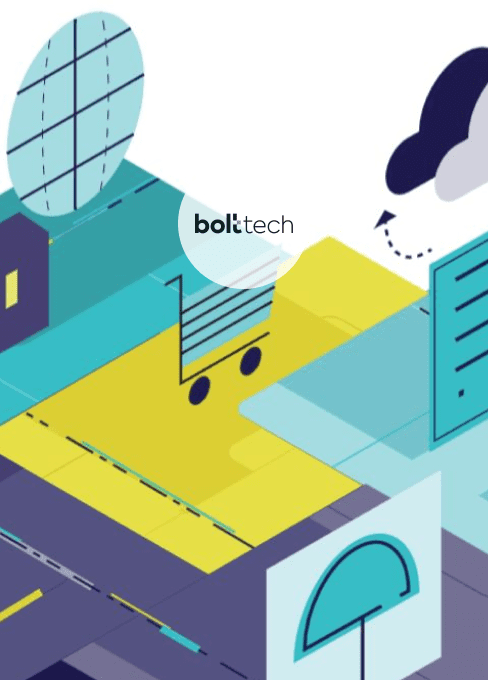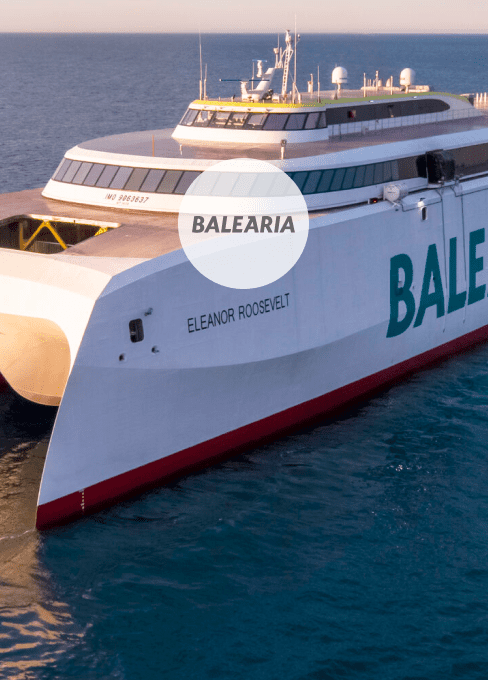Marine Instruments
Manufacturing and Distribution

A strategy to optimise customer data and operations for 25% annual growth
Marine Instruments was aware that both its sales and customer service teams did not have the IT tools they needed to manage their customers efficiently and effectively.
Now, with the help from us here at redk, they have excellent coordination between departments, enabling them to keep up to date on all customer information and to adapt to their customers’ needs.
About Marine Instruments
Marine Instruments is the world’s leading developer and manufacturer of marine-adapted electronic equipment, with a focus on promoting smart oceans and sustainable fishing. Their sustainable fishing products include satellite buoys with echo sounders, radio buoys, drones, and oceanographic services for fleet monitoring.
The company, founded in 2003 and headquartered in Pontevedra, has a presence in more than 30 countries. With an annual growth rate of 25% over the last five years and having positioned itself as the world’s leading manufacturer of satellite tuna buoys, Marine Instruments is clearly a sound, innovation- driven company that has steadily outperformed the market.
Additionally, the company has an excellent position in the fishing sector as part of the Arbulu Group, a group of companies specialising in naval electronics and satellite communications. In recent years, thanks to a strong diversification strategy, Marine Instruments has started its journey in other vertical markets, such as aquaculture and security and defence.
Performance barriers: poor data management
Marine Instruments was looking to strengthen the growth of the company in a stable and sustained manner while maintaining its position as a market leader. All of this was to be done while respecting the corporate pillars of achieving the high level of quality and innovation that defines them as a company. These two elements are at the core of all of the company’s corporate decisions.
However, Marine Instruments began to realise that operational barriers to its business objectives were preventing them from optimising the company’s performance because the customer service and after- sales areas were managed in silos isolated from the commercial side of the business.
The company knew that it did not have the technology solutions that could adapt to their needs for efficient, effective customer management. Firstly, the sales department had no means of identifying the possible incidents in each sales representative’s portfolio or the potential business opportunities that could be derived from requests submitted to the customer service department. This led to missed business opportunities for generating new proposals and framework contracts.
Additionally, customer service teams did not have contextual information about the customer to help them categorise, prioritise and resolve requests. The department managed its customer data in a decentralised manner. Information was not segmented or categorised, was stored in isolated silos, and the management of incidents and customer requests was carried out manually, using Excel sheets.
In short, all these processes meant that the information was difficult to use, difficult to share, and difficult to maintain. Ultimately, there was no global vision of the customer.
How we managed to solve the problem – together
These root problems meant that it was very difficult to plan and monitor commercial activity at the level set out by the quality standards that Marine Instruments ensures as an organisation.
To remedy the situation, Marine Instruments reached out to us here at redk. Our multidisciplinary team analysed the work processes and familiarised themselves with the company’s operations.
We quickly joined forces with the company, identifying existing challenges and bringing in our experience with a strategic, technological, and management approach, both successfully addressing the short-term strategy and working with sights set on a global vision. During the initial collaboration, we recommended standardising processes on a centralised platform to streamline the interdepartmental exchange of customer data: Sugar Sell. The implementation of the SugarCRM sales automation solution achieved:
- Alignment of processes using the ‘customer journey’, a component of Sugar that allows for modelling processes or establishing task templates for commercial management.
- Streamlining and standardising quotations by establishing information processes. When the sales team sends an offer to a customer, the administration team receives notifications and has access to this updated information so that they can monitor and process orders..
- Account segmentation. We began to categorise accounts according to their importance. This helped the sales team analyse the accounts, as it increased the visibility of the customer base.
The customer service platform Sugar Serve also played a key role in Marine Instruments’ CRM transformation. Following the implementation of Sugar Serve, the company achieved improved access to the customer portfolio, paving the way to optimise the internal flow of information between the various departments. The teams began to enjoy access to a centralised structure with visibility that facilitates real-time data sharing and allows customers to be served proactively.
The Sugar Serve tool helped to improve the monitoring of internal processes, manage SLAs, and simplify business planning in the short and medium-to-long term. The tool also facilitated a positive customer experience and paved the way for Marine Instruments to continue in its impressive growth trajectory.
redk was present in the definition and establishment of procedures, standardisation of processes, and implementation of the solution in order to strengthen a commercial operation that was harmonised across the company’s different teams and markets.
During implementation, our redk team was able to establish the mechanisms necessary for Marine Instruments’ departments to function as a single unit. We were also able to develop various partial prototypes during the process, adjusting them as we identified improvements or new needs at Marine Instruments.
A multi-disciplinary team was put at Marine Instruments’ disposal to provide support in both the commercial and customer service departments. This provided them additional peace of mind, as the system’s development was carried out in an integrated manner, taking advantage of synergies and maintaining a global vision.
Impact on business objectives
Today, thanks to the extensive experience and joint work with redk, Marine Instruments has experienced a positive impact on the different areas of the company. The customer service and post- sales departments control the number of open cases at all times, they enjoy greater ease in scaling and assigning cases – marking a great improvement in coordination – and they benefit from a real-time monitoring tool and greater analytical control of the quality of the service provided.
Additionally, thanks to the implementation of Sugar Sell, the sales team has access to all information regarding their customers and has tools to help them organise, execute and follow up. This allows them to act proactively, thereby converting support cases or pending requests into business opportunities.
Sugar Serve has led to an excellence in service that matches the quality of Marine Instruments’ products. The platform allows a high level of flexibility and adaptability, making it a perfect tool to aid the company in its future growth.
The customer service team saw an increase in their efficiency in handling product-related issues. One example of this is the reduction in ticket resolution time.
Right from the start, SugarCRM proved convincing due to its great configurability, which meets the customer’s needs with precision. For Marine Instruments, this means a centrally structured solution with a real-time transparent customer portfolio for all departments involved.
The company now has enhanced visibility of the day-to-day progress of its business which, in turn, allows for optimised decisions for medium-to-long-term business planning.
Thanks to the redefinition of the customer lifecycle and redk’s implementation, the solution was 100% adapted to the customer’s needs, making it possible to create a data structure built around those needs.












